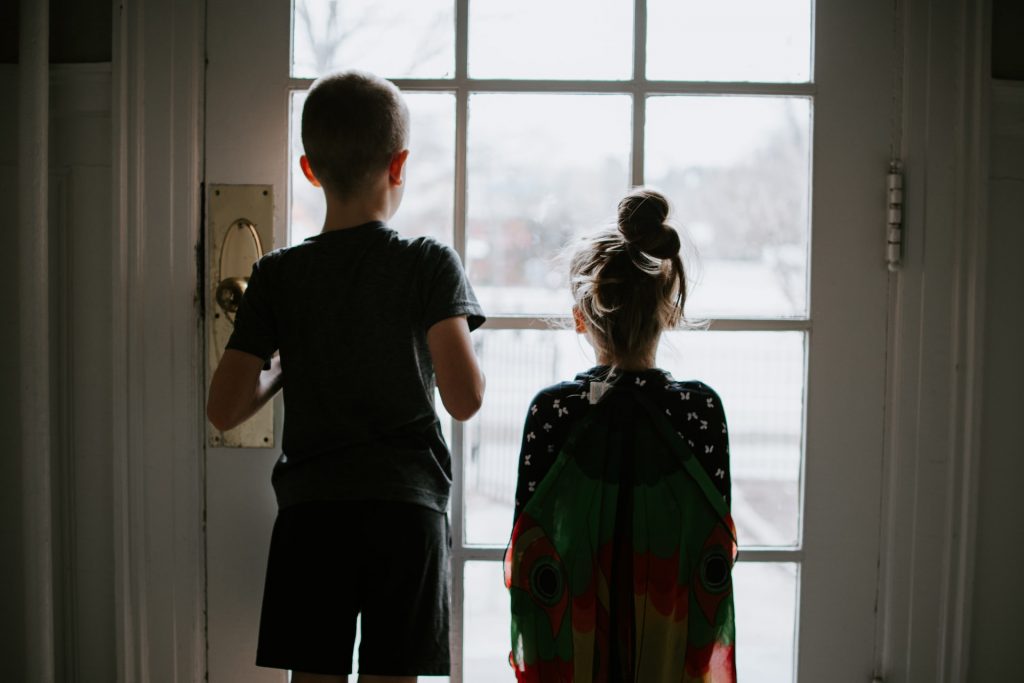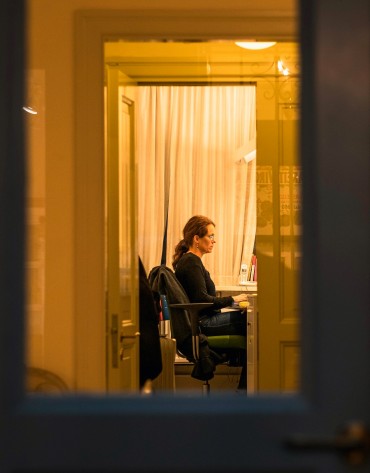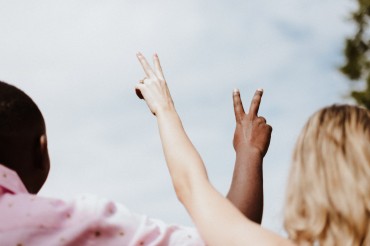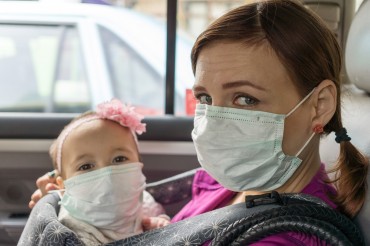Human being’s ‘social animal’ status and importance of social interaction and connectivity is an actively researched area in neuro-psychology. The present state of social distancing is thus in direct contrast to the social wellbeing theories which encourage us to seek health in social interactions and therefore is likely to have significant effect on our mental as well as physical health.
This is all the more relevant for the elderly population which tends to loose sense of personal relevance and relies on social bonds to enrich their post retirement phase of life. The children and elderly in socio cultural system of countries like India largely depend on the young adult working population for their emotional and social wellbeing. This is unfortunately a far cry from the ancient Vedic system that encouraged pursuit of self-evolution and self-reliance in the ‘vanprasth ‘and ‘sanyas ashrams’ for gradual transition from a karma-centric existence to a gyan-centric existence. Our geriatric population finds itself dependent on their children for their physical and emotional needs, creating a sense of dissatisfaction and helplessness when younger people are unable to be around. It also creates guilt and conflict of interest among the younger generation causing an even deeper rift in successive generations.

The current scenario is thus not unique in essence but the widespread emphasis on mandatory social distance and concerns on fatal outcomes in older population due to COV infection has created a sense of paranoia and doom beyond the routine fears generated due to failing physical functions as a result of normal aging or interpersonal issues generated by limited social life in older age group.
The result is increase in anxiety, psycho somatic problems, mood disturbances like depression and irritability and increased requirement for health care interventions.
The situation is further complicated by many older people’s inability to effectively use technology to access other people, creating lack of confidence as well as increase in expectations that their children in other cities or countries should be close by. Those who stay in the same household with their families but are unable to go for their routine walks or senior citizens hang outs are also troubled because while the children are home, they are busy with their technology and work from home or house-work scenarios and don’t appear to have time or inclination to attend to them in their loneliness.
In order to mitigate the effect of necessary social distancing during and after lockdown, as well as building up of frustration and stress due to mismatch of expectations in prolonged confinement in households, the mental blocks caused by orthodox thinking patterns associated with old age need to challenged.
- Old people can’t manage life alone– Loneliness is a state of mind, they need to be told that they are not alone just because no one is physically around. Make a list of all helpline numbers, nearby grocery stores and other essential services and place in an easily accessible place.
- Technology is too complicated– The technology we use is very new which makes it difficult for older people to adjust to or use it easily. Most people don’t try to solve their problems with new gadgets and immediately seek out their children or grand-children for simple tasks like cropping a snapshot. Teach them how to use apps on mobile or book orders online so they feel a better sense of control.
- Old people are past learning new skills– Learning is a life-long process and ability to learn increases with practice. Anyone can learn new skills, it also helps renewal of neurons in brain thereby fighting dementia. This argument can encourage reluctant older members to accept the new effort of learning.
- Hobbies and interests are for young people– Encourage elder people to continue to pursue their hobbies and interests. Instead of focusing on what they can’t do, focus on what they can, be it gardening or cooking, with little help and technology, many things can be done independently.
- Young people make friends, older people only have families– People of all age groups find comfort and compatibility within their own peer group. Friendship is therefore more valuable than any familial relationships. Actively interact with old friends and even not so well known fellow beings in neighbourhood to combat feeling of isolation.
- Old aged bodies have no stamina for exercise or digestion– Exercise regularly and eat nutritious, healthy food to boost strength and immunity. Greater physical stamina gives greater mental stamina and helps handle stress better.
- Social distancing means social isolation– Most importantly, it needs to be clarified that social distancing does not mean social isolation and self-reliance does not mean the young generation does not care for the older individuals in the family. A positive change in perspective can make all the difference between solitude and loneliness.




















































Comments